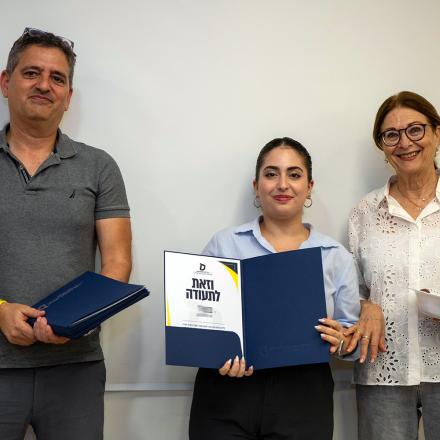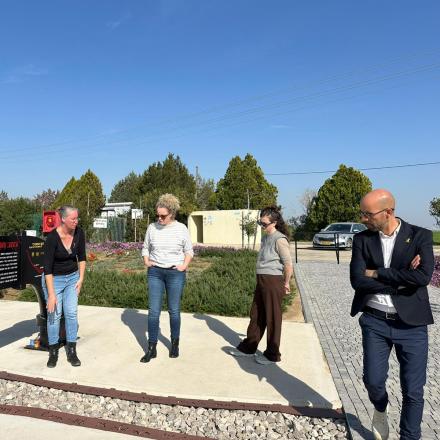Schools should be crucibles of tomorrow’s society, safe spaces where children learn the social skills and empathy that make democratic life possible. COVID-19, unfortunately, has wreaked havoc on the behavioral codes of classroom interaction. A recent Washington Post article calls this “toxic stress”. After months of remote learning, children need to “relearn how to be in school.” Can technology help undo what technology has wrought?
Researchers at Sapir College think it can, and they’ve built an app to make it happen. SeeMe, is a simple but powerful idea, developed by Dr. Arik Tayeb, Chair of the Multidisciplinary Studies Department, Efrat Lieberman, Director of the Teaching and Learning Unit, and Livnat Aranias, Director of the Education & Psychology Lab at The Center for Innovation and Entrepreneurship. SeeMe gathers data to highlight warning signs that predict violent behavior.
These signs are well documented: feelings of victimization, social withdrawal, and a sense of isolation, among other things. But with up to 40 children to educate, it can be hard for teachers to get the big picture, and even harder to see the individual child. SeeMe turns this challenge into an asset, collecting information from dozens of children about how they see themselves – and others, generating a comprehensive, digital emotional map of classroom interaction.
In partnership with Marmanet, part of the Telrad Group telecommunications company, SeeMe recently completed a pilot program in 20 schools and plans to expand throughout Israel and the world.
“Teachers in pilot studies,” explains Lieberman, “tell us that SeeMe dramatically improves classroom communication. It’s the kind of innovation where theory and practice converge. It’s what we do at Sapir.”
More News

Law and the Holocaust

